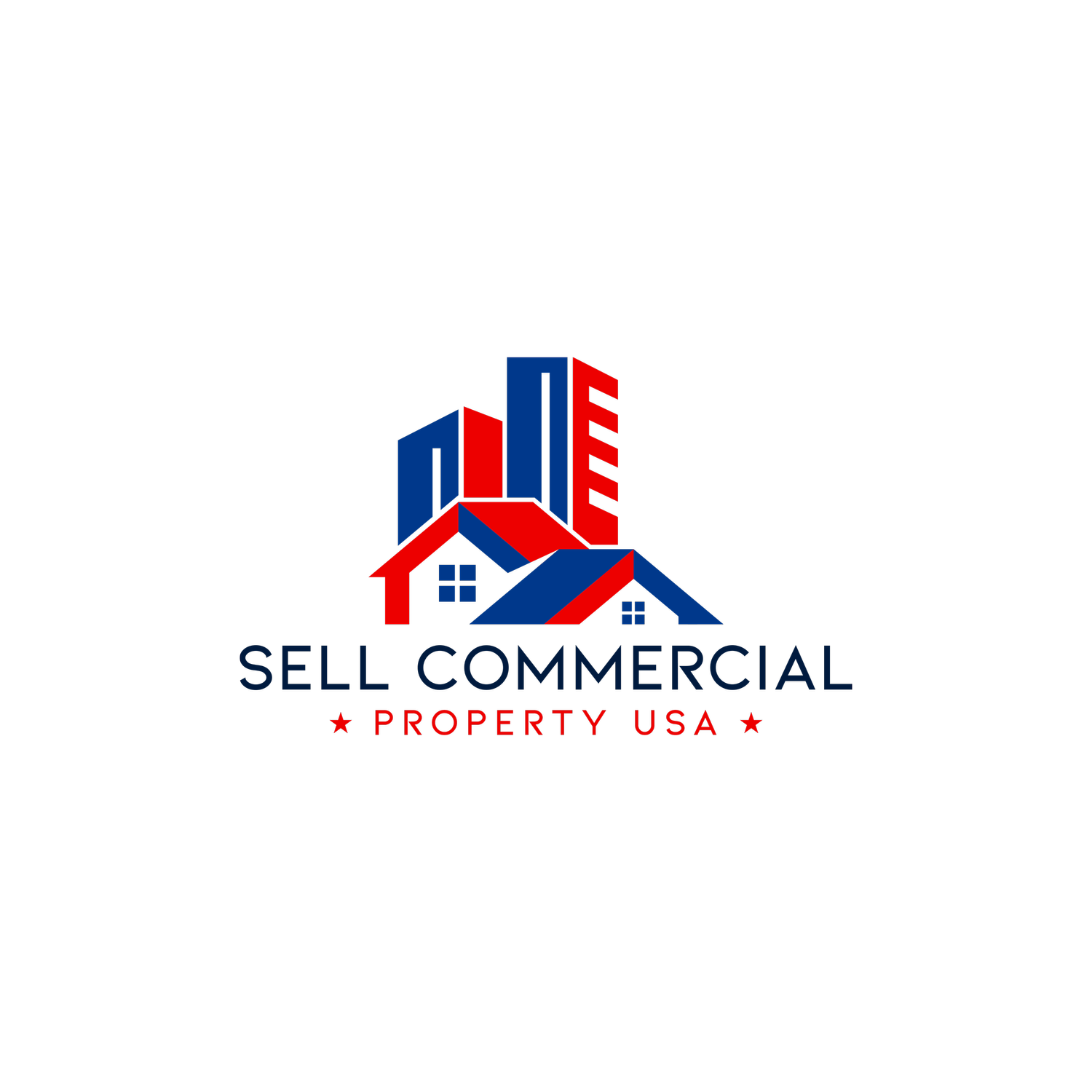How to Sell a Commercial Property with Code Violations
Selling a commercial property with code violations may feel overwhelming. From handling local code enforcement to resolving building code issues, the process can quickly become stressful and costly. Whether you’re dealing with safety concerns, zoning violations, or structural problems, moving forward requires a smart strategy.
The good news: selling a property with code violations is possible. With the right approach, you can decide whether to repair the issues or sell the property as-is. This guide will walk you through essential steps, from identifying violations to closing the deal—without unnecessary stress.
What Is a Code Violation?
A code violation occurs when a commercial property fails to meet local building codes, zoning regulations, or property maintenance standards. These rules exist to ensure buildings are safe and functional, protecting both occupants and the community.
Common commercial property violations include:
Structural issues (cracks in walls, sagging roofs, weak foundations)
Electrical hazards (outdated wiring, faulty panels)
Plumbing problems (leaks, poor drainage, broken pipes)
Fire safety risks (missing alarms, blocked fire exits)
Zoning violations (improper property use or non-compliance with local zoning laws)
Violations can be minor—like chipped paint or missing permits—or major, such as unsafe structures. Regardless of severity, property owners need to understand how violations impact property value, legal obligations, and the selling process.
How Code Violations Affect the Sale
Impact on Property Value
Code violations often reduce property value and deter potential buyers.
Appraisals: Appraisers may lower value due to safety or building compliance issues.
Negotiations: Buyers may demand price reductions or repair credits.
Market Perception: Properties with violation notices can seem risky, narrowing the buyer pool.
Financing Challenges
Lenders often require inspections and appraisals. If major violations exist:
Buyers relying on traditional financing may struggle to get loan approval.
Unresolved violations can delay closings.
Lenders may require repairs before granting approval.
Because of these challenges, many sellers explore as-is sales to cash buyers or investors who are more flexible.
Preparing to Sell a Property with Code Violations
Step 1: Identify and Understand the Issues
Request a detailed report from your local code enforcement office.
Hire a licensed inspector to uncover additional hidden violations.
Review whether problems are structural, electrical, plumbing, or zoning-related.
Step 2: Decide to Fix or Sell As-Is
Fixing violations:
Pros: Increases value and widens the buyer pool.
Cons: Can be costly and time-consuming.
Selling as-is:
Pros: Faster process, no repairs needed.
Cons: Likely lower offers due to repair costs.
Addressing Property Code Violations
If you choose to fix issues before selling:
Prioritize safety hazards like electrical problems, fire risks, and structural damage.
Hire licensed contractors to ensure compliance.
Keep records of permits and repairs to reassure buyers.
For zoning issues, consult a real estate attorney to explore options. If violations are too complex, selling as-is may be the most efficient choice.
Pricing and Marketing a Property with Violations
Setting the Right Price
Factor in estimated repair costs.
Research comparable properties with similar issues.
Be transparent with buyers and offer repair credits if needed.
Market the property as an investment or renovation opportunity.
Targeting the Right Buyers
Focus on investors, developers, and cash buyers who understand property rehabilitation.
Highlight strong features like location, zoning potential, and square footage.
Use online listings, high-quality photos, and virtual tours to attract interest.
Legal and Disclosure Requirements
Transparency is essential:
Provide buyers with all violation notices, inspection reports, and repair estimates.
Be upfront about what has and hasn’t been fixed.
Document compliance steps, such as permits and receipts.
Failing to disclose known violations can lead to legal disputes, so honesty protects you during negotiations and closing.
Negotiating the Sale
Buyers may request lower pricing due to violations. To strengthen your position:
Use repair estimates and market data to justify your asking price.
Offer repair credits rather than lowering the price outright.
Emphasize the property’s investment potential rather than its problems.
Stay flexible on terms like closing timelines or financing.
Closing the Sale
If You Repaired the Property
Secure proper permits and inspections.
Provide buyers with documentation showing compliance.
If Selling As-Is
Ensure contracts disclose all violations.
Transfer related records and permits.
Resolve outstanding fines or fees before closing.
A smooth closing requires organization, disclosure, and clear communication.
Additional Considerations
If the Property Has Tenants
Notify tenants about violations and your sales plan.
Offer incentives (like temporary rent reductions) to ensure cooperation.
Comply with local tenant protection laws to avoid disputes.
Legal & Financial Planning
Work with a real estate attorney to manage disclosures and contracts.
Address unpaid fines before closing.
Consult a tax professional to understand tax implications of the sale.
Conclusion
Selling a commercial property with code violations doesn’t have to be overwhelming. Whether you decide to repair issues or sell as-is, the key is transparency, smart pricing, and targeting the right buyers. By planning ahead and working with professionals, you can sell your property efficiently—without unnecessary delays or expenses.

